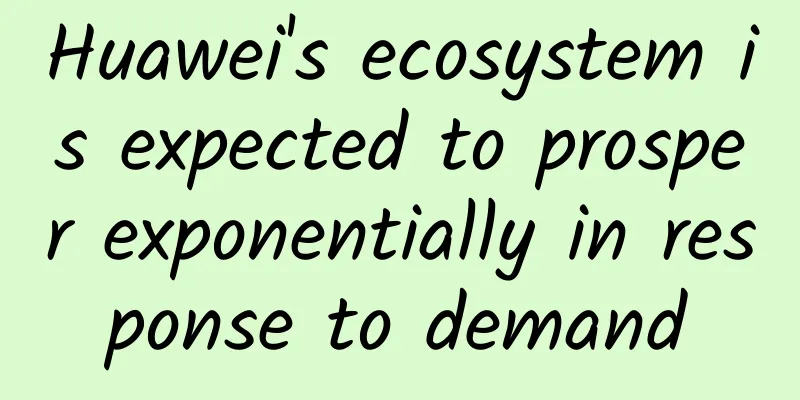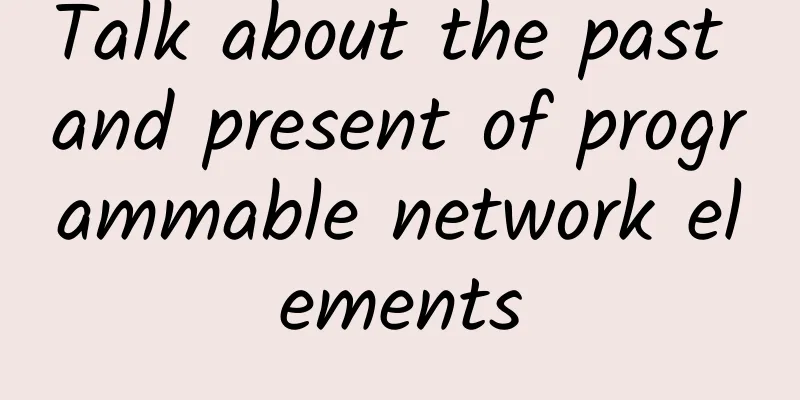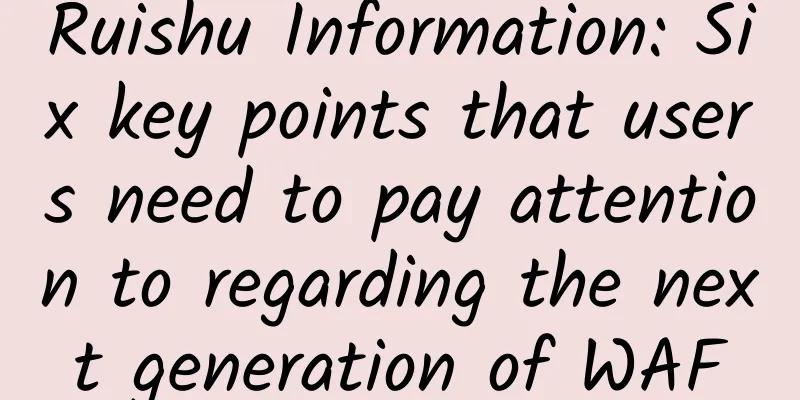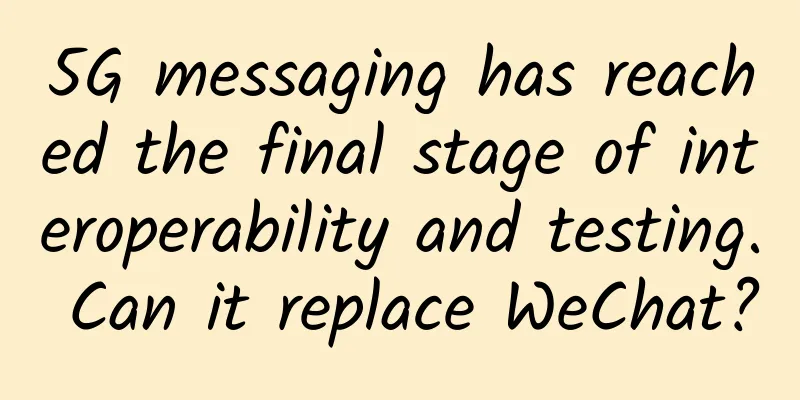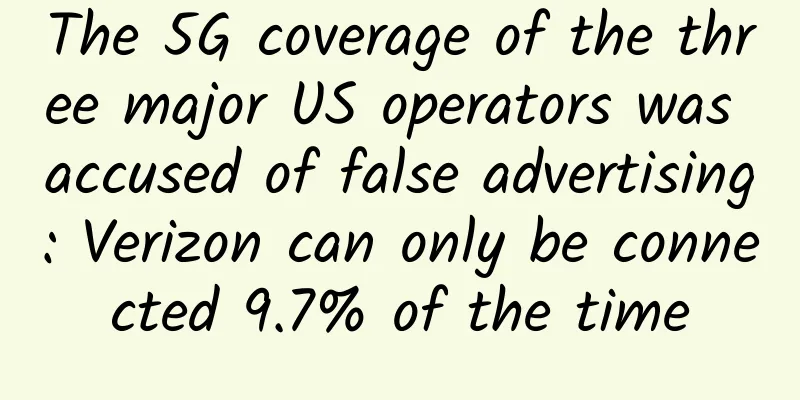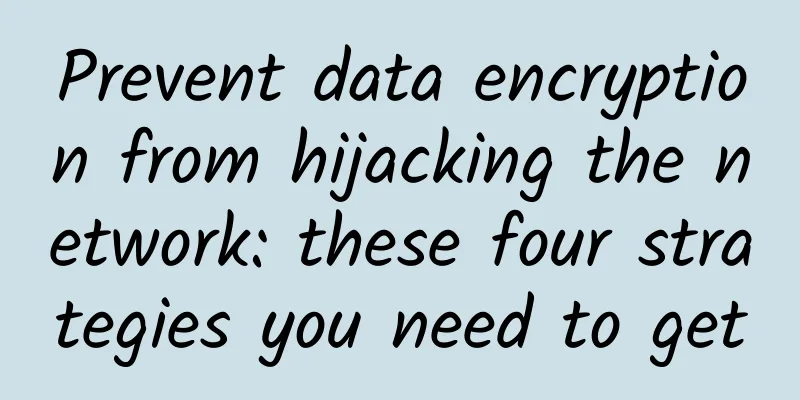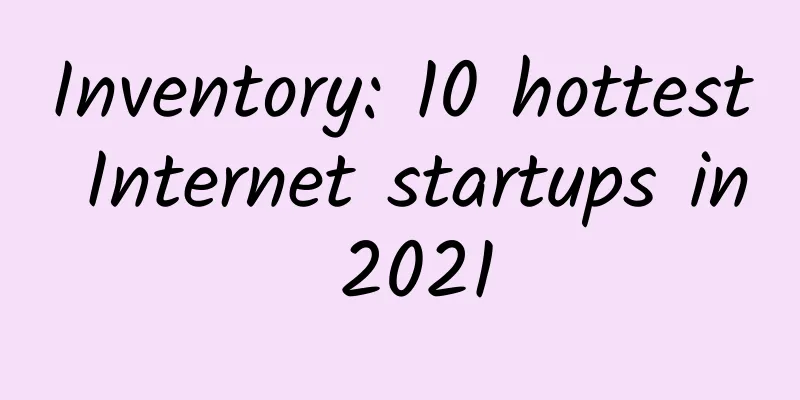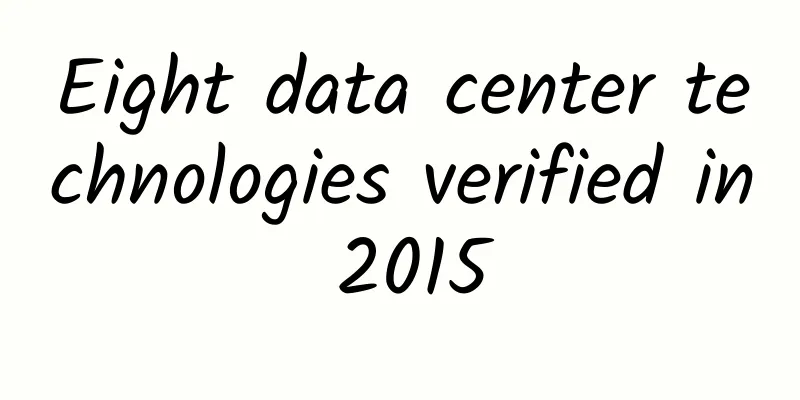|
【51CTO.com original article】 As we all know, in the surging cloud era, ICT has a greater responsibility than ever before. It has transformed into an enabling tool for the digital transformation of the entire society. However, to play a new role in the new era, ICT companies must first complete their own evolution - upgrading from a vertically integrated industrial chain to an open, cooperative, symbiotic and win-win ecosystem, that is, a "Costa Rica-style" ecosystem. Huawei is a supporter of this ecosystem.
In 2017, Huawei held the China Ecosystem Partner Conference in Changsha. The conference venue, which attracted tens of thousands of people, made Huawei's "Platform + Ecosystem" strategy a reality, driving the development of the latest ICT and helping enterprises move towards digital transformation. A year later, Huawei held the China Ecosystem Partner Conference 2018 as scheduled. If 2017 was the year of gathering of ecosystem partners, then in 2018, Huawei placed more emphasis on action. They hope that through a series of activities such as the Ecosystem Partner Conference and the Ecosystem Tour, they can help partners take action and continue to improve the prosperity of the overall ecosystem.
[[223009]]
From "Σco-Partner" in 2017 to "Σco-XA" in 2018, if we use one sentence to explain its connotation, it means that in a diversified ecosystem, each partner is called upon to take more actions to jointly create exponential ecological value. "As an annual event of Huawei EBG China, we call on partners in 2018 to contribute to the prosperity of the ecosystem and take more actions to achieve an exponential ecological prosperity. Therefore, the conference is designed to be two days, 'XDay' and 'ADay'. Among them, 'XDay' will present the achievements of Huawei's ecosystem in many aspects; 'ADay' will pay more attention to the future and help partners to implement their actions together." said Chen Hao, Director of Marketing Department of Huawei EBG China.
Huawei China Eco Partner Conference 2018 will be held in Qingdao from March 22 to 23. More than 15,000 people from partners, enterprise/industry customers, industry leaders, industry experts, analysts, industry alliances and media will participate in this event. This event will achieve several upgrades, including scale upgrade, venue upgrade, guest upgrade, content upgrade, etc. At the same time, wonderful keynote speeches and sub-forums will also be held one by one, aiming to make the conference into a Roman Forum where wisdom collides!
Diversified ecology, industry-oriented operation
Huawei EBG China's performance increased by more than 40% in 2017. According to Cai Yinghua, President of Huawei EBG China, the number of Huawei's ecological partners increased steadily in 2017, and the types became more diverse, while achieving a breakthrough in performance.
It is worth mentioning that the diversified development of Huawei EBG China partners in 2017 also confirms Huawei's definition and expectations of the ecosystem. "From single sales-oriented cooperation to multilateral cooperation, partners' capabilities are no longer single; at the same time, partners are exploring a complex cooperation path with Huawei. For example, Huawei EBG China has developed more than 400 ISV partners and formed more than 530 joint solutions. This is due to the needs and pain points brought by enterprises in the process of digital transformation, which has prompted existing ISVs to achieve secondary development on the Huawei platform. In addition, one year after the establishment of Huawei Cloud BU, Huawei Cloud's partners have also grown to more than 2,000; and from the perspective of revenue scale and registered users, its development trend has exceeded expectations. Therefore, we will pursue higher goals in 2018." Cai Yinghua said.
The platform management and ecological business model of organizations are the mainstream organizational forms and business models currently chosen by many world-class enterprises. Many great companies are not only creators of new products, but also creators of new strategies and new models. In ecological practice, Huawei works with leading customers and partners in each industry to promote the digital transformation and upgrading of the industry. For example, in the financial industry, Huawei has continued to carry out joint innovation with financial customers such as CCB, ABC, CMB, CPIC, and PICC, investing heavily in cloud computing, big data, distributed databases, and other fields, sharing results to help customers implement their "technology-first business" strategy; at the same time, it has carried out joint innovation with partners such as Gaowei Technology (creating a financial intelligent cloud management platform) to better adapt to the cloud transformation of financial customers; in the public security industry, Huawei and the Shenzhen Traffic Police have built a unified and open "smart traffic brain" that integrates computing intelligence, perception intelligence, and cognitive intelligence with cutting-edge technologies such as video cloud, big data, and artificial intelligence as the core, achieving world-leading traffic management; in the government affairs industry, the unified government affairs cloud supervision system jointly developed by Huawei and Taiji has a real-time and comprehensive grasp of the use of resources on the entire provincial/municipal cloud platform, providing a strong information platform guarantee for the government's Internet + government services, administrative approval, government decision-making, and improvement of governance capabilities. The innovative results have been widely used by customers in Beijing, Hainan, and other countries.
Deepen the "3+1" ecology, six-word action
Understand the changes in customer needs and tailor appropriate solutions for customers. In the process of building an ecosystem with partners, Huawei is committed to helping customers achieve the best practices of information management to meet the different needs of customers' digital transformation. Yang Wenchi, Vice President of Huawei EBG China, said: "The change in customer needs is an important reference point for us to formulate our annual partner policy. For example, the digital transformation of traditional enterprises, ICT construction at the municipal level, and so on. We need to focus resources to meet the needs of end customers. After experiencing such changes, partners will also change their perspective based on the actual needs of customers."
In 2018, Huawei will continue to practice the "3+1" ecosystem (sales partner ecosystem, solution partner ecosystem, cloud partner ecosystem, and talent ecosystem) and implement corresponding implementation. For example, for traditional sales partners, Huawei's goal is to increase the scale of cooperation and improve transaction efficiency. Through policy guidance and strengthened management, as well as some incentives, traditional dealers can obtain higher profits. At the same time, for solution partners, Huawei EBG China also summarized six keywords: "group, operate, lead, guide, push, and send".
"Team means Huawei will have a corresponding team to support the development of solution partners. Marketing refers to marketing activities. In a series of ecological activities every year, we will work with partners to provide customers with joint solutions. Pull is the internal assessment. We let each representative office take the sales partner's solution as an assessment. The direct result of this is that 238 solutions have been implemented across the country. Lead is to pre-install the partner's solution on our platform, thereby saving a lot of time for testing and communication, thereby improving transaction efficiency. Push is a new business model. In 2017, we launched 'Huawei + A', and Huawei and its partners sold overall packaged solutions. This year, based on the pre-installation of solutions, 'Huawei + A' has been further upgraded. We plan to promote B to sell, so as to further activate the resources of the ecosystem. Send means that we will push market opportunities to some core partners. In summary, we hope to further attract capable partners to cooperate with Huawei through these incentive policies. In addition, in terms of cloud ecology, in 2018 we will focus more on mainstream partners in the industry to support the development of the cloud industry." Yang Wenchi said.
Editor-in-Chief’s Notes:
According to the 2018 Enterprise IT Budget survey report released by 51CTO&CIOAge, about 63% of enterprises saw their IT budgets increase to varying degrees in 2018, with an average increase of 6.9% for the comprehensive IT budget. At the same time, the IT budget for digitalization of enterprise users has also increased significantly, accounting for 31% of the overall IT budget. It can be seen that IT, CT, etc. have become enabling tools for the digital transformation of the industry, and the ICT industry must also build a new ecosystem. Huawei wants to build and focus on participating in an open, robust, and resilient prosperous ecosystem, thereby helping various industries achieve digital transformation and achieve business success.
So how will Huawei EBG China build a prosperous ecosystem? Please pay attention to the Huawei China Ecosystem Partner Conference 2018 to be held in Qingdao, and see how "Σco-XA" will interpret the essence of a diversified ecosystem and achieve exponential prosperity of the ecosystem! (Xu Rui)
[51CTO original article, please indicate the original author and source as 51CTO.com when reprinting on partner sites] [Editor: Liu Nina TEL: (010) 68476606] |
